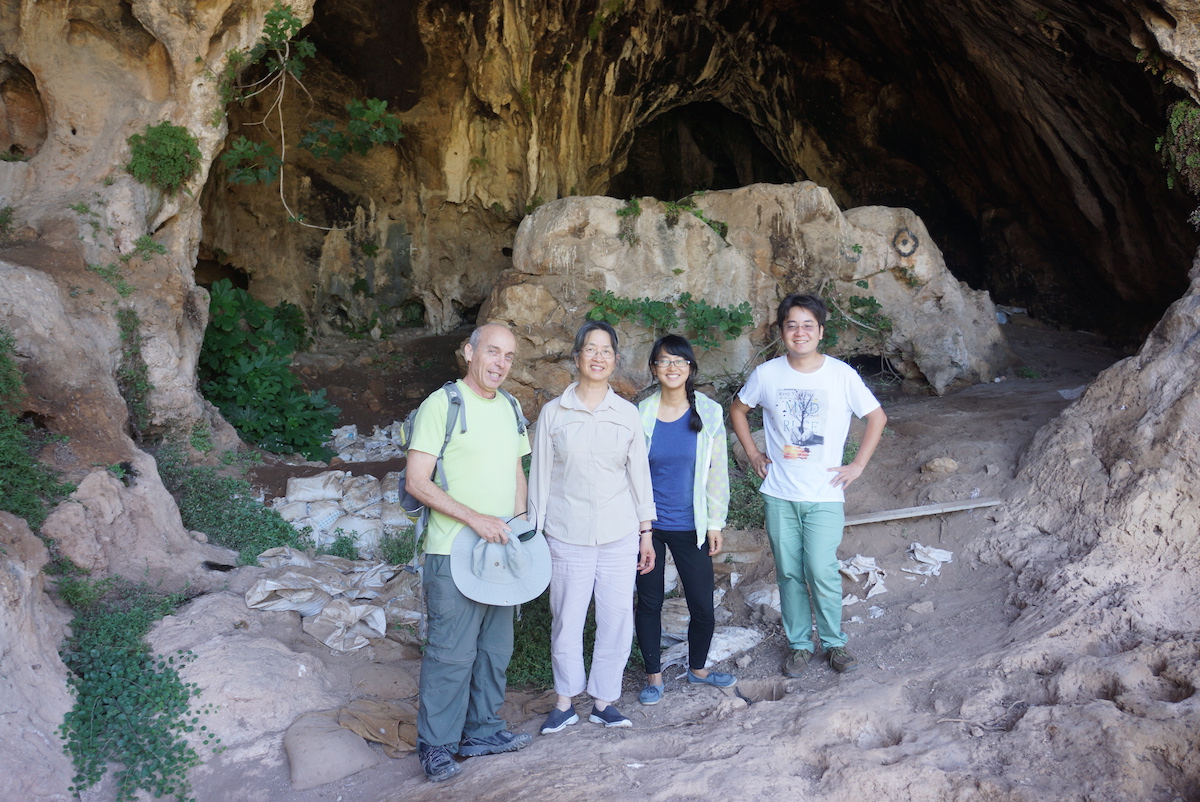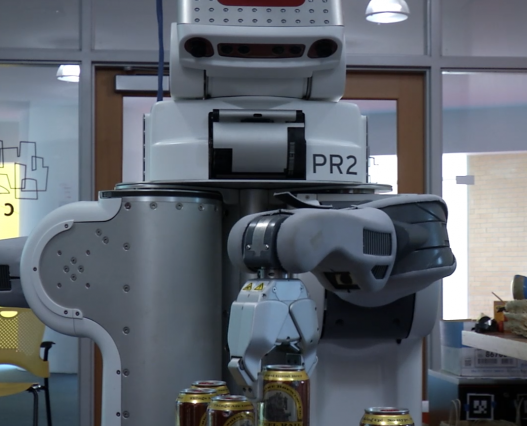Greetings readers. Did you keep yourselves sufficiently hydrated this summer (with something containing water, malt, yeast and hops)? Before we dive into autumn, let’s take a pause to look back over beer happenings these last three months.
In Japan, the busy summer festival season wound down, and we’re not just talking about straight-up beer festivals. Familiar summer concert festivals like world-famous Fuji Rock also dimmed its stage lights in farewell. We were once again encouraged to see a large contingent of Japan’s craft brewers and craft importers serving at the event. No doubt, concert-goers were pleased as well. It seems like an obvious fit–live music and craft beer–but this is actually a fairly recent phenomenon and we hope to see more of it. And for that matter, why not at any festival, large or small? Yeah, we know: large producers buy the rights to serve at many festivals, locking out local craft brewers. But did you know that, readers? Some organizers have told us that they’d like to serve craft beer, but just can’t take the risk given how much money large producers offer them as a guarantee. If you are a concert or festival-goer, let the organizers know that you’d support local beer being served–that you’d probably even drink more of it… if that’s what you really want. We have no issue with large producers serving, either. We just think there should be more choice. Sometimes organizers only need to hear from you.
We’ve quoted jazz legend Frank Zappa in these pages before, but this gem is so great we have to do it again: “You can’t be a real country unless you have a beer and an airline. It helps if you have some kind of a football team, or some nuclear weapons, but at the very least you need a beer.” Unsurprisingly, perhaps, some embassies in Japan from beer-centric countries host beer-themed events that showcase their country’s products or new imports to Japan. Most recently, the Japan Beer Times attended an event at the Embassy of Ireland Residence for the launch of Irish-owned Kyojin Company, which seeks to share Irish culture. Showcased at the event was a new beer brand the company is bringing to Japan. Everyone knows about Guinness and Murphy’s, but the island of Ireland is also home to craft producers such as Whitewater Brewing Company, out of Northern Ireland. Managing Director Bernard Sloan was on-hand to introduce his Belfast Lager and Maggie’s Leap IPA along with some great Irish food and music.
Even some less famous beer-producing countries are seeing representation in Japan. We were recently contacted by JLS Trading, an importer of Baltic and Scandinavian beer, for example. We also know of beer producers from countries like Poland, Spain and Chile trying to get boutique import operations underway. Maybe the Japanese market will become the United Nations of Beer.
One of those United Nations of Beer members is Denmark, home to the Carlsberg Group, one of the world’s largest beer corporations. The company has started to glue its cans together for six packs. Consumers can easily pop one off when they want a can. The intent was to cut down on the webbing and other package material traditionally used to keep the cans together, thus reducing the environmental impact. According to the company, the move will save 1200 tons of plastic annually–or the equivalent of 60 million plastic bags. The CEO, Cees ’t Hart, claims that he wants the company to be the most environmentally friendly beer company there is. Many may disparage Big Beer but how can you not cheer a move like this?
Dear everybody, you are going to die. According to recent research, you may die sooner if you drink alcohol. Which you probably do if you are reading this magazine. We’ve heard this debate before. It’s seems like a back and forth every few years: first researchers decide that reasonable amounts of alcohol are good for you, then then they decide the opposite. This recent report, however, published in the medical journal The Lancet, claims that it is the most comprehensive to date, involving hundreds of researchers across the globe. Their findings conclude that there may be some benefits, but that they don’t offset the many associated risks of alcohol. The top associated killers for people under 50? Tuberculosis, road injuries and self-harm.
As you can imagine, the pushback was quick. As professor David Spiegelhalter of the University of Cambridge said in an article for CNN, “There is no safe level of driving, but governments do not recommend that people avoid driving… Come to think of it, there is no safe level of living, but nobody would recommend abstention.” Some readers will no doubt want to point out the safety potential of self-driving cars, but his point seems clear: the pleasures of moderate drinking outweigh the risks for many people.
Speaking of beer and research, professor of archaeology Li Liu at Stanford University (California) led a team whose recent findings suggest that beer may not have been the result of agricultural endeavor. Conversely, their discoveries in a cave in Israel revealed that primitive brewing techniques predated by several millennia the cultivation of cereals in the Near East. The findings support a hypothesis first put forth by archaeologists over 60 years ago. In other words, beer inspired people to grow grain more systematically. Considered in a broader context, beer encouraged cultivation, which created civilization, which created science, which created the report that says we shouldn’t drink beer.
If you ever feel confused, it’s okay to have feelings like that. If you need somebody to talk to… there’s hopefully a brewpub in your neighborhood where you can gather with other folks and discuss things like this.
But will the bartender be human or robot?
In the U.S., Arizona senator Jeff Flake has stipulated in a bill moving through Congress (at the time of this writing) that certain funds not be used for “the development of a beerbot or beer bartender.” His amendment stems from MIT student researchers who created such a robot with government funding and gave a recent demonstration. They were actually focused on algorithms enabling robots to work together even if those robots could not communicate. This has implications in industrial, retail and real-life settings (see self-driving cars). It’s useful in disaster scenarios. The researchers were merely demonstrating their algorithms in an easy-to-understand setting, but the senator doesn’t seem to have understood. He also doesn’t seem to understand motivation. Tell us students wouldn’t be excited about building a beerbot! Or saving lives… Thanks students!
This article was published in Japan Beer Times # () and is among the limited content available online. Order your copy through our online shop or download the digital version from the iTunes store to access the full contents of this issue.






